Plant-Based Diets 101: Plant-Based Foods
What Is a Plant-Based Diet?
The term “plant-based” is a pretty broad one, but in essence it’s a way of eating that focuses on natural plant foods and eliminates or reduces animal products like meat and dairy. Plant-based diets vary greatly, depending on the extent to which you want to keep animal products in your diet. For example, vegans eat no animal products of any kind. This means no meat, dairy, eggs, or even honey. Flexitarians, on the other hand, occasionally eat those animal products. The building block of both diets, though, are the same: the majority of consumed food should be plants. And what are plant-based foods? Vegetables, fruits, legumes, whole grains, seeds, and nuts are the stars of all plant-based diets.
More and more people seem to be making the switch to plant-based diet foods. Growing research states that plant-based diets can help you lose weight, improve your overall health, and are also good for the environment. Read on to find out more about what a plant-based diet is, as well as what you can and can’t eat when on the most common plant-based diets.
A Plant-Based Diet Shopping List
If you’re wondering what to put in your grocery cart, have no fear. We’ve put together shopping lists for each of the most common plant based diets. It’s really quite simple when you think of it this way: everyone can eat vegan! Let’s start, then, with a vegan diet grocery list that can be the baseline for all vegetarian diet foods list:
- Fruits: apples, pears, strawberries, blueberries, pineapple, bananas, etc. Choose in-season fruits, and opt for frozen fruit for smoothies.
- Vegetables: fresh or frozen, nutrient packed vegetables are the base of the vegan diet food pyramid. Leafy greens, broccoli, carrots, Brussel sprouts, cauliflower, sweet potatoes, squash, bell peppers, cucumbers…the more, the merrier!
- Whole grains: many whole grains are a vital source of protein and fiber. Oats, quinoa, brown rice, amaranth, and bulgur are hearty and satisfying options.
- Healthy fats: avocados, olive oil, coconut oil, flaxseed oil etc.
- Legumes: including green peas, chickpeas, beans, lentils, peanuts, and natural peanut butter.
- Seeds, nuts, nut butters: almonds, hazelnuts, macadamia nuts, pumpkin seeds, sunflower seeds, tahini…when choosing nut butters, choose natural and unsweetened kinds.
- Plant-based milks: soy milk, oat milk, almond milk, cashew milk, etc. Opt for unsweetened varieties.
- Plant-based protein: tofu, seitan, and vegan protein powders.
These vegan diet foods belong on every plant-based diet shopping list, no matter which variety of plant-based diet you choose. One thing to keep in mind: stay away from overly processed or “junk” foods. Potato chips and sugar are technically vegan but aren’t going to help you move toward a healthier life.
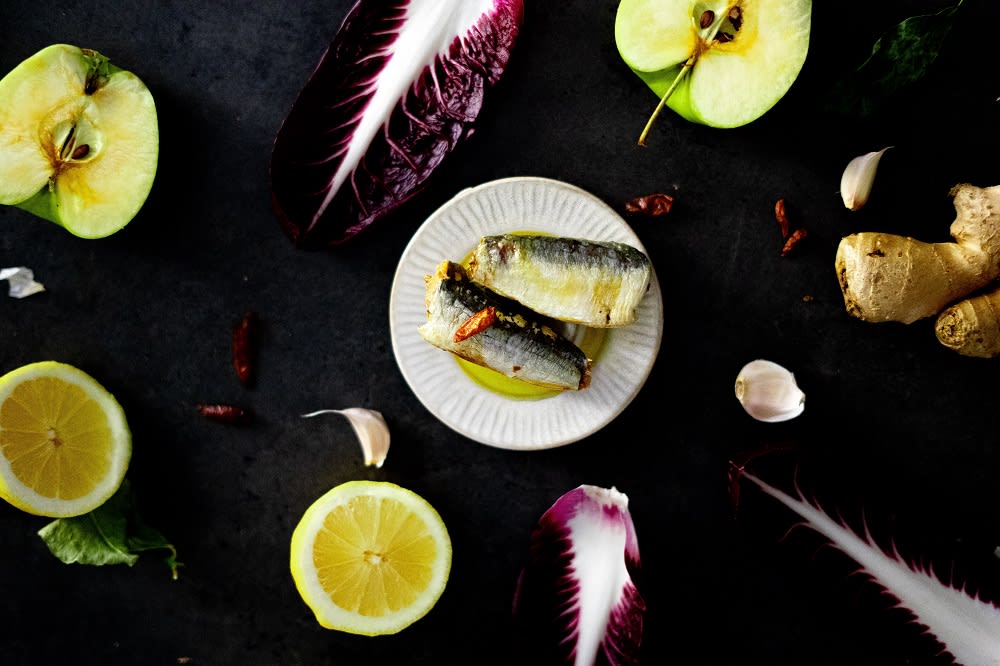
A Pescatarian-Friendly Grocery List
A pescatarian diet food list comprises all the products above plus seafood. That means all kinds of fish (salmon, halibut, tuna, etc.) and shellfish (shrimp, lobster, crab, oysters, etc.) are allowed. There are no hard and fast rules regarding dairy and eggs, so you could put them on your personal pescatarian diet food lists as well. But, for the most part, pescatarian diet foods and pescatarian diet snacks are not much different from vegan or traditional vegetarian options.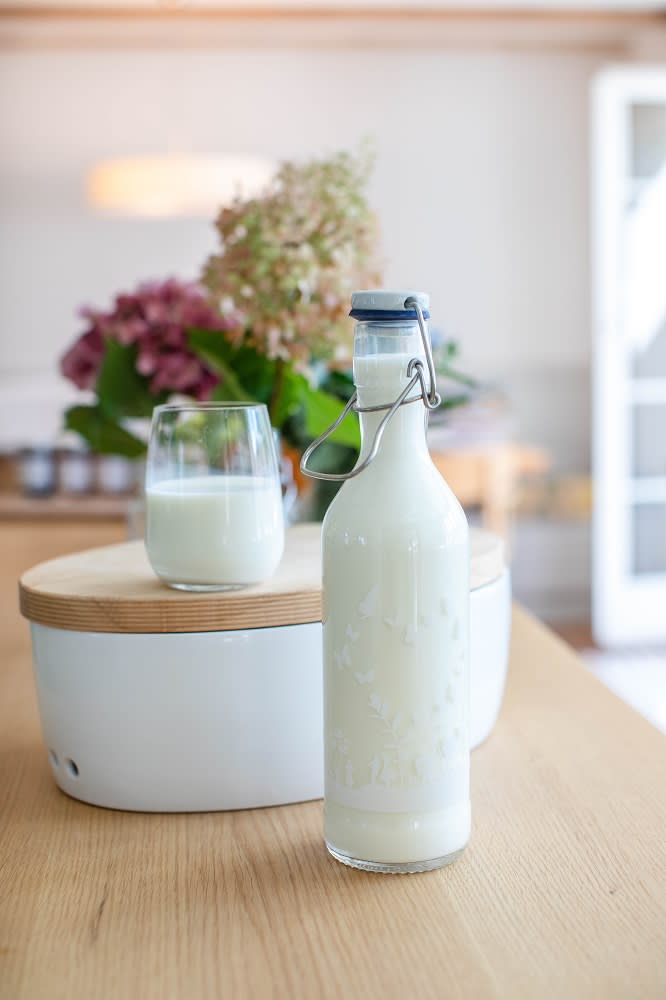
A Shopping List for Flexitarians
The flexitarian diet food list is broader still. Flexitarians don’t technically eliminate anything from their diet. However, unlike a typical omnivore diet, the flexitarian diet pyramid relies heavily on plant-based foods. Many think of a flexitarian diet as a “semi-vegetarian,” or 80/20 veggie diet. That means vegetarian meals make up 80% of the meal plan, and only 20% of meals contain meat, dairy, or fish. Flexitarians can use the exact same vegan diet shopping list listed above, but can add the following:
- Eggs
- Poultry: chicken, duck, turkey, etc.
- Meat: beef, pork, etc.
- Seafood: all fish, including shellfish
- Dairy: cow, goat or other animal milk products like cheese, milk, butter, and yogurt
Choose organic, grass-fed, non-GMO options if possible.
Protein: A Building Block of a Healthy body
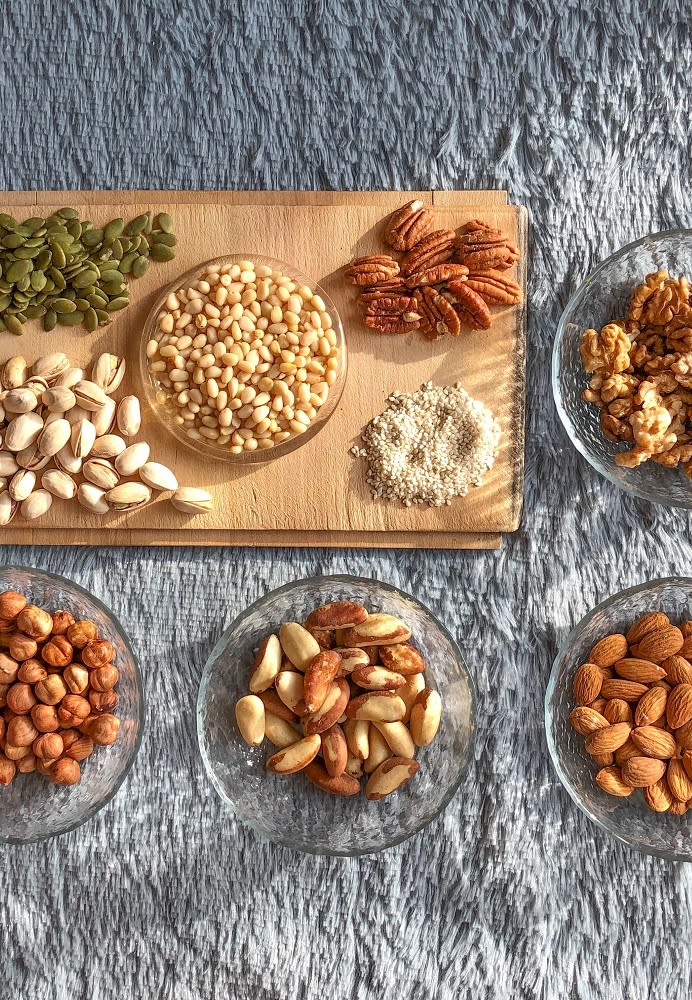
Plant-Based Protein Sources for All Diets
Flexitarians, pescatarians, and lacto-ovo vegetarians have it easier since they include eggs, fish, and sometimes meat and poultry in their diets. However, since the point of going plant-based is to eat less meat, it’s important to explore plant-based protein sources as well. Thankfully, there are many readily available plant-based sources of protein that fit into any plant-based diet:
- Soybeans are a complete source of protein, making soy products a staple of many plant-based diets. Soy milk, tofu, and tempeh are all high-protein, soybean products that can be easily integrated into a vegan or vegetarian diet.
- Lentils are nutritional powerhouses, loaded with protein and other vital nutrients. Use them in curries or even as a meat replacement.
- Beans and legumes are a delicious and health-promoting way to pack protein into your plant-based diet. Choose chickpeas, black beans, kidney beans and more.
- Believe it or not, green peas are also a fantastic source of protein. In fact, one cup of cooked green peas contains as much protein as a glass of cow’s milk!
- The “pseudo-grains” amaranth and quinoa are two more sources of complete protein. Try swapping them in for rice for an extra punch of protein.
- Oats are also a great protein source. Enjoy them for breakfast, or swap oat milk for cow’s milk.
- Chia seeds are considered a superfood for a reason – they are loaded with protein and other nutrients. They have little to no taste, so you can sprinkle them on salads, add them or a smoothie, or make “chia pudding” by simply soaking them in an alternative milk (soy, oat, almond) overnight.
- Nuts and seeds are another plant-based protein source. Try them whole as a snack or spread some almond or cashew butter on your morning slice of toast. Opt for raw, unblanched nuts and nut butters with no added sugar or preservatives. And the list goes on! Start with these readily available, delicious plant- based diet protein sources options and you’ll definitely be getting enough protein.
And the list goes on! Start with these readily available, delicious plant- based diet protein sources options and you’ll definitely be getting enough protein.
Vegan and Vegetarian Diet Supplements: What You Need to Know
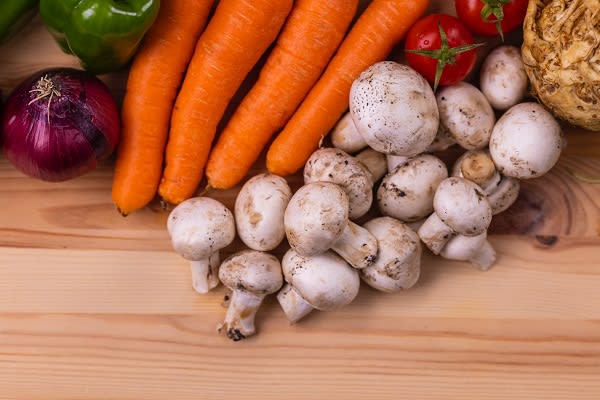
Vitamin D for Immunity, Recovery, and Mood
Vitamin D enhances the absorption of calcium and phosphorus and also influences immune function, memory, muscle recovery, and mood. This vital vitamin is actually quite hard to come by in foods, so many people are deficient – omnivores and plant-based dieters alike! The best way to get enough vitamin D is via sun exposure, vitamin D fortified foods, and supplements. For those on a vegan diet, vitamin D supplements that are made specifically for vegans are important. Make sure there is no gelatin or other animal-derived ingredients!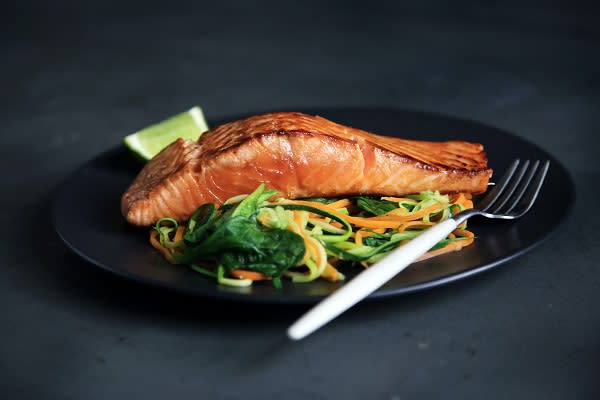
Omega-3 – Contributing to Brain Development
Vegans tend to have lower levels of long-chain omega-3 fatty acids. This type of omega-3 plays a vital role in brain development and eye function, and also helps reduce inflammation. Unfortunately for vegetarians and those on a vegan diet, omega-3 fatty acids of this kind are almost exclusively found in animal products, specifically fish and fish oil. The best solution, then, is to take a plant-based supplement like algae oil.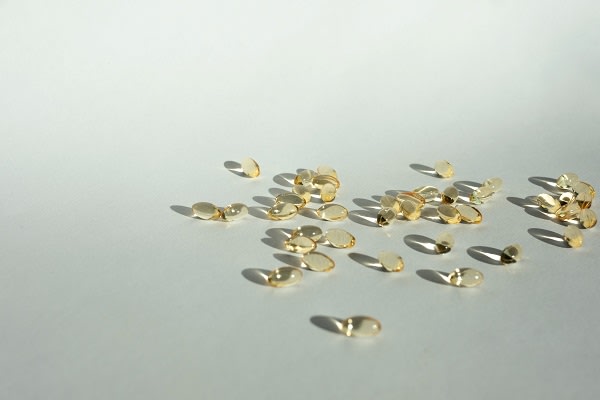
Vitamin B12 to Help Metabolize Protein
Vitamin B12 is vital for many important bodily processes. We need it for protein metabolism as well as the formation of red blood cells. What’s more, not having enough B12 can lead to anemia and serious nervous system damage. Vitamin B12 is most commonly found in red meat and chicken so for semi-vegetarians, vitamin B12 levels should be relatively easy to maintain. However, for those on a vegan diet, B12 vitamins may be hard to come by. The only proven way for those on a vegan diet to get sufficient B12 levels is by eating B12-fortified foods or taking a supplement.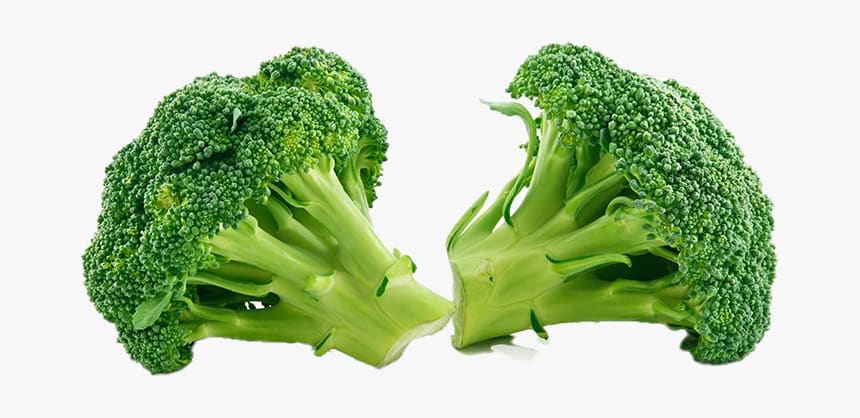
Iron Helps Make New Blood Cells
Iron is an essential nutrient that helps your body make new DNA and red blood cells. Iron also carries oxygen in the blood and is needed for energy metabolism. Not getting enough iron can lead to anemia, fatigue, and a lower immune system. Meat is one of the absolute best sources of iron, but there are plenty of vegetarian and vegan friendly foods that make the list as well. Cruciferous vegetables like broccoli and cauliflower as well as most types of beans and nuts are vegetarian iron sources. There are also plenty of iron-fortified alternative milks and cereals. Of course, iron supplements are also an option, but be careful. Too much iron can be harmful, so be sure to check with your physician before taking supplements.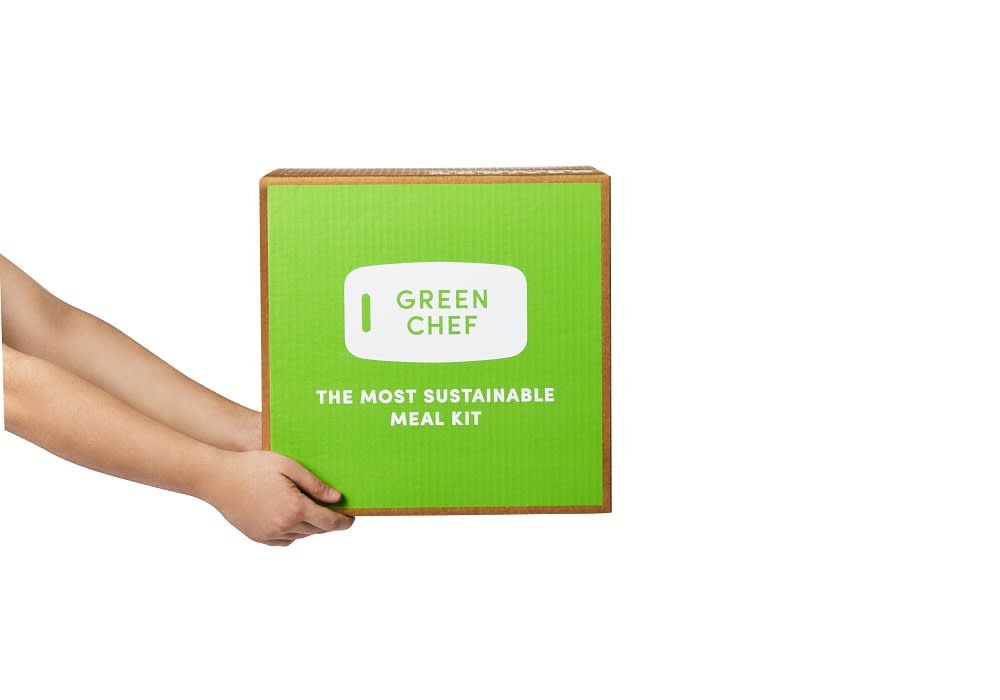
Go Plant-Based Today with Green Chef’s Help
The first steps are always the hardest, especially when making a lifestyle change. Thankfully, going plant-based doesn’t have to be difficult! Whether you've made the choice to go plant-based to lose some weight, improve your heart health, or to reduce your carbon footprint, let Green Chef help! We have plenty of delicious plant-based options for vegans, vegetarians, flexitarians, and everything in between. Whatever your personal preference may be, Green Chef has got a meal kit for you. Enjoy fresh ingredients delivered right to your front door. Green Chef meal kits make it easy to go plant-based.Table of Contents